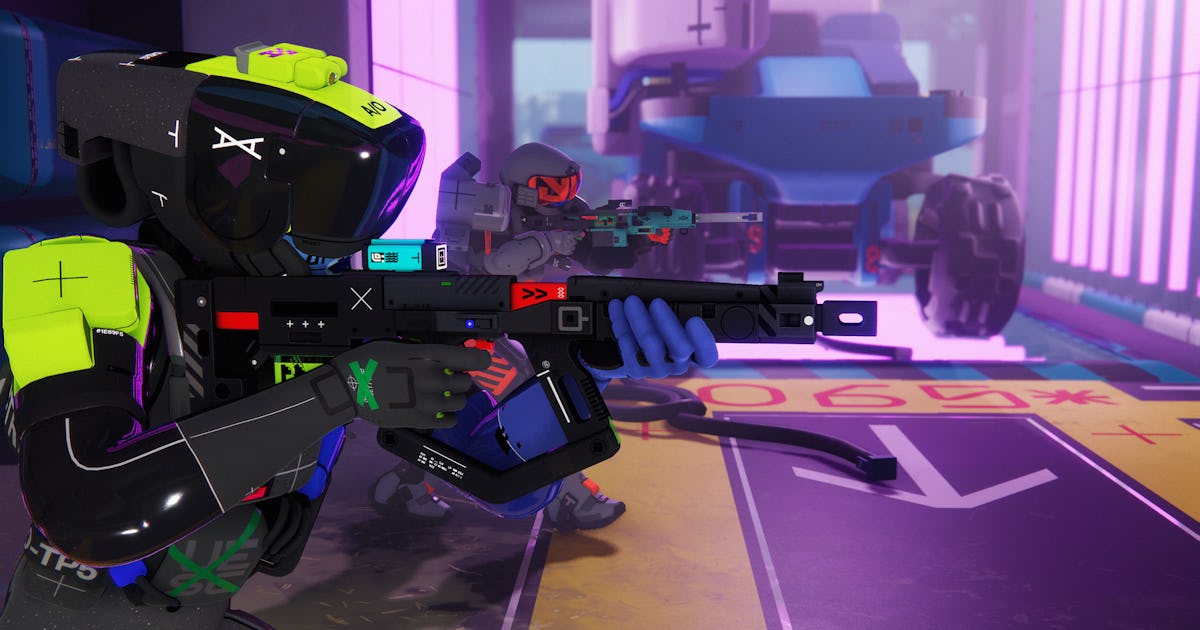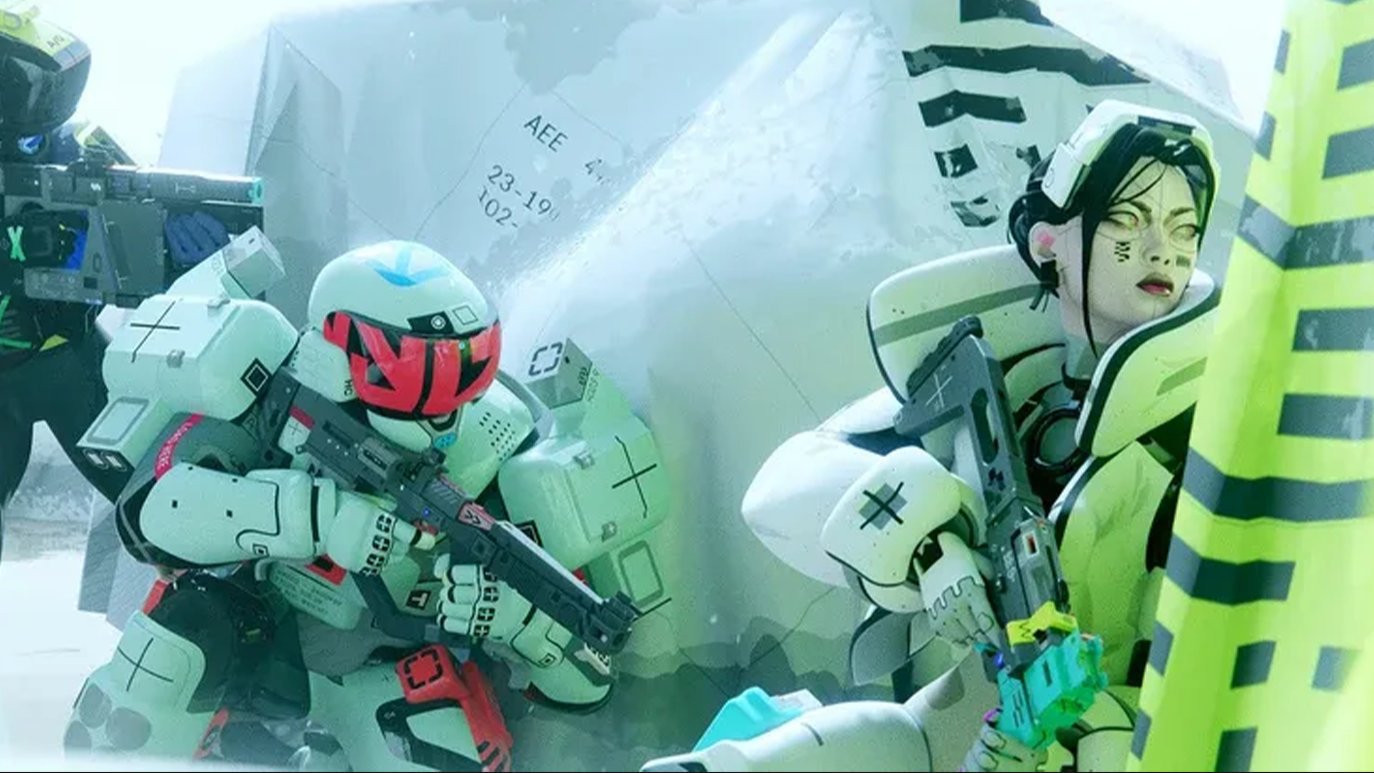#plagiarism
#plagiarism
[ follow ]
#higher-education #academic-integrity #bungie #marathon #video-games #ai #generative-ai #clergy-misconduct
Intellectual property law
fromNature
1 week agoWhat an academic misconduct accusation taught me about sharing research
A research group faced misconduct allegations for allegedly ignoring similar prior work, prompting investigation that uncovered earlier public documents and raised plagiarism concerns.
fromwww.mercurynews.com
2 weeks agoReview: McNeal' centers on a brilliant man who lives in an ethical vacuum
Plagiarizing is looked at by many writers as the ultimate taboo, a complete and total incineration of the public trust between those who pen and those who consume what's penned. But what if those writings are written in the author's own style, but using a little help from a robot friend? Are we plagiarizing ourselves when artificial intelligence rears its confounding head to help us find our authentic voice?
Arts
Intellectual property law
fromwww.theguardian.com
1 month agoAn influencer plagiarised my life story on TikTok. Social media thrives on mimicry but this was a step too far | Esme Hewitt
An influencer on TikTok plagiarized intimate, verbatim passages about adoption and personal struggles from another person and presented them as her own.
fromInside Higher Ed | Higher Education News, Events and Jobs
2 months agoIndiana Governor Calls for IU Plagiarism Investigation
Indiana University's Board of Trustees is called to investigate claims that President Pamela Whitten plagiarized her doctoral dissertation, following a report earlier this year that supported the allegations.
Higher education
fromCreative Bloq
2 months agoThe messy plagiarism scandal tearing Substack apart
"I quickly pulled up , published on February 9th, and then hers, published March 13th. The title was different, though it conveyed the same idea; however, the body was a near copy-paste job, with a few bits removed or changed and some words swapped out, I guess to make it seem 'different' enough. But it wasn't. My observations, metaphors, italicised emphasis (!), and the research I'd gathered stared back at me from her page."
Social media marketing
fromTheregister
4 months agoHuge increase in UK students using AI to cheat for grades
A significant rise in AI-related cheating among British university students has been reported, rising sharply from previous years. The trend underscores the evolving landscape of academic integrity.
Artificial intelligence
Artificial intelligence
fromFuturism
5 months agoReaders Annoyed When Fantasy Novel Accidentally Leaves AI Prompt in Published Version, Showing Request to Copy Another Writer's Style
Use of AI in novels raises ethical concerns among readers and authors.
Self-published AI-generated works are flooding platforms like Amazon.
[ Load more ]


